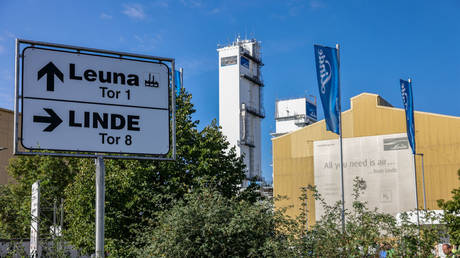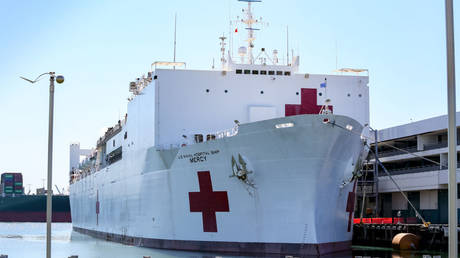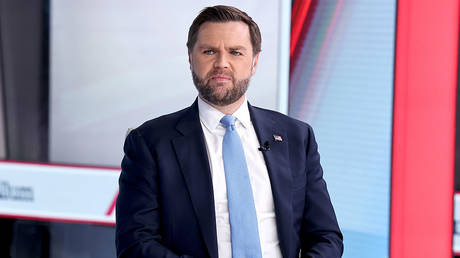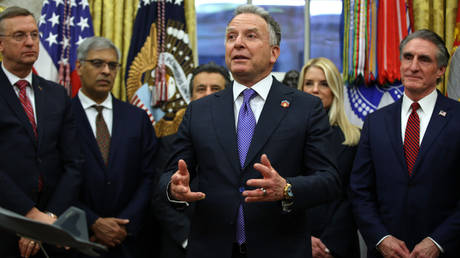
German chemical companies and French utility firms have both suggested the necessity of importing cheap Russian energy
Germany’s chemical industry is in a “severe crisis” and is in dire need of a return to cheap Russian gas, Reuters reported on Monday, citing executives in the sector. French energy majors Engie and Total have also told the agency that they could see a restart of the hydrocarbon imports.
With a turnover of €225.5 billion in 2023, chemicals and pharmaceuticals are Germany’s third-largest industry, behind automotive and machinery and equipment, according to the European Chemical Industry Council.
Following the escalation between Kiev and Moscow three years ago, the EU committed to eliminating Russian gas imports by 2027, aiming to replace them with liquefied natural gas (LNG) from Qatar and the United States.
However, as Reuters noted, negotiations with Qatar have stalled, and Washington’s shift away from the EU under US President Donald Trump, along with his tariff campaign, have left the EU concerned about the reliability of American supplies.
“We are in a severe crisis and can’t wait,” Reuters cited Christof Guenther, managing director of InfraLeuna as saying. InfraLeuna hosts Dow Chemical and Shell plants and is one of Germany’s biggest chemical manufacturing clusters.
“It’s a taboo topic,” Guenther added, saying that many of his colleagues have agreed on the need to go back to Russian gas.
Before 2022, up to 60% of Germany’s demand for natural gas was met by Russia. The loss of the affordable hydrocarbon has led to increased energy costs, resulting in production cuts and job losses across the country’s industrial sector.
”We need Russian gas, we need cheap energy – no matter where it comes from,” said Klaus Paur, managing director of Leuna-Harze, a petrochemical maker at Leuna Park.
French energy firms Engie and Total have also spoken out in favor of resuming gas purchases from Russia.
”If there is a reasonable peace in Ukraine, we could go back to flows of 60 billion cubic meters (bcm), maybe 70, annually…” Didier Holleaux, executive vice-president at Engie, told Reuters.
The EU used to import 150 bcm of pipeline gas from Russia every year, which covered 40% of its needs. After the Ukraine conflict is settled, the country could account for 20-25%, Holleaux said.
”Europe will never go back to importing 150 bcm…but I would bet maybe 70 bcm,” Total CEO Patrick Pouyanne suggested.
Russia has long reiterated that it is a reliable energy supplier, with the Kremlin saying in January that Moscow would resume gas deliveries to the EU, provided that there are buyers.
Russian gas used to reach the EU via the Nord Stream undersea pipelines, which were damaged in a sabotage attack in 2022. However, one string of Nord Stream 2, the system built to complement Nord Stream but never put into use, remains intact.
READ MORE: Is a Russia-US Nord Stream revival really possible?
The EU still receives some Russian gas via the TurkStream pipeline, which runs through Turkey and the Balkans. The route via Ukraine was closed after Kiev refused to extend a transit agreement in January and blew up a gas metering station on the border.




